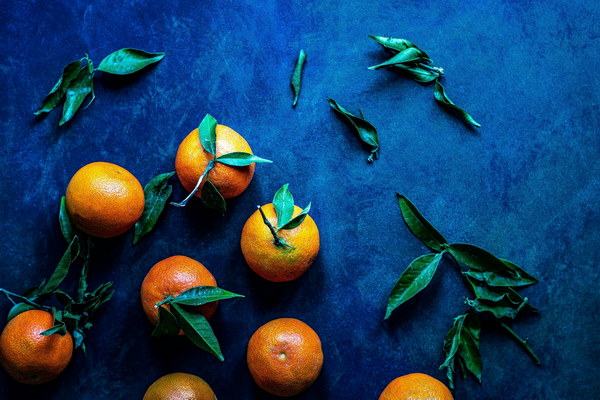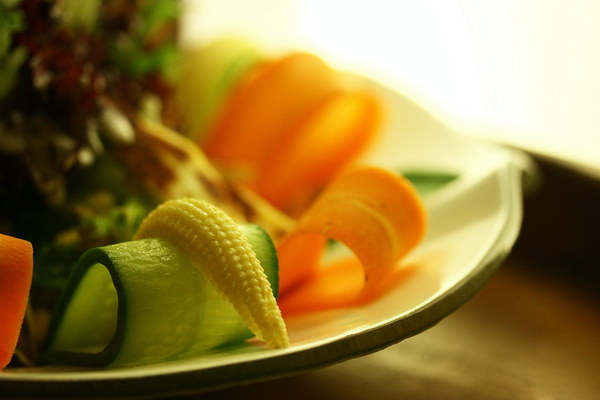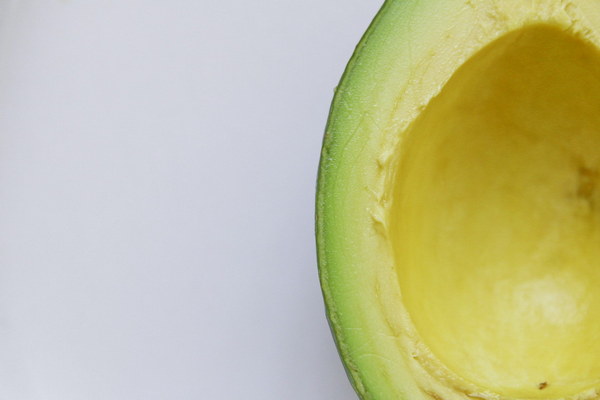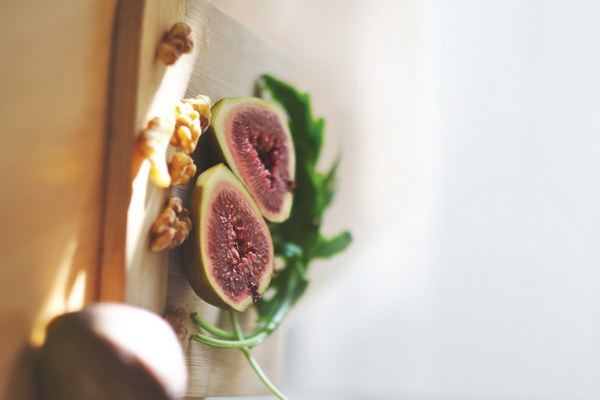Banishing Dampness A Guide to Medications and Diet for Better Health
In traditional Chinese medicine, dampness is considered a common cause of various health issues, such as fatigue, weight gain, and digestion problems. To combat this, both medication and diet play a crucial role. This article will delve into the concept of dampness, explore the symptoms, and provide insights into the best medications and diet recommendations to help you banish dampness and improve your overall well-being.
Understanding Dampness in Traditional Chinese Medicine
In traditional Chinese medicine, dampness refers to an excess of fluid within the body that can lead to various health problems. This fluid imbalance is believed to be caused by factors such as poor diet, excessive dampness in the environment, and stress. Dampness can affect different parts of the body, including the digestive system, joints, and skin.
Symptoms of Dampness
The symptoms of dampness can vary from person to person, but some common signs include:
- Persistent fatigue or lack of energy
- Weight gain, particularly in the abdomen
- Digestive problems, such as bloating, constipation, or diarrhea
- Joint pain or stiffness
- Excessive sweating, especially in the armpits
- Mucus production, such as a runny nose or thick saliva
- A greasy or clammy feeling on the skin
Medications for Treating Dampness
There are several medications available that can help in the treatment of dampness. Here are some common options:
1. Herbs: Traditional Chinese herbal remedies are a popular choice for treating dampness. Some commonly used herbs include:
- Atractylodes (Cang Zhu)
- Poria (Fu Ling)
- Alisma (Ze Xie)
- Cinnamon (Rou Gui)
2. Western medications: In some cases, your doctor may prescribe medications to address specific symptoms of dampness, such as anti-inflammatory drugs for joint pain or laxatives for constipation.
3. Supplements: Certain supplements, such as Vitamin B6 and magnesium, may help in reducing dampness and improving overall health.
Dietary Recommendations for Banishing Dampness
A healthy diet can significantly impact the level of dampness in your body. Here are some dietary recommendations to help you combat dampness:
1. Avoid damp foods: Foods that contribute to dampness include dairy products, cold drinks, raw vegetables, and fruits. Instead, opt for steamed or cooked vegetables, lean proteins, and whole grains.
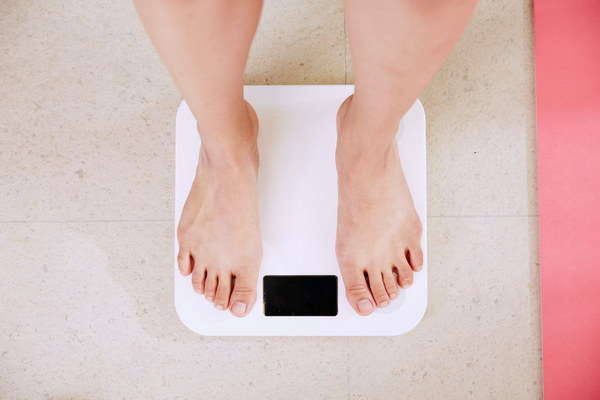
2. Increase warming foods: Incorporate warming foods into your diet, such as ginger, garlic, and black pepper. These foods can help stimulate your metabolism and eliminate dampness.
3. Stay hydrated: Drinking plenty of water is essential for maintaining a healthy balance of fluids in your body. Avoid drinking cold water, as it can exacerbate dampness.
4. Limit sugar and refined carbohydrates: High sugar and refined carbohydrate intake can lead to weight gain and dampness. Instead, choose whole foods and complex carbohydrates.
5. Eat in moderation: Overeating can lead to digestive problems and dampness. Try to eat balanced meals and avoid overindulgence.
Conclusion
Banishing dampness from your body can significantly improve your overall health and well-being. By incorporating the right medications, diet, and lifestyle changes, you can effectively reduce dampness and experience a healthier, more energetic life. Remember to consult with a healthcare professional before starting any new treatment or diet to ensure that it is suitable for your specific needs.


